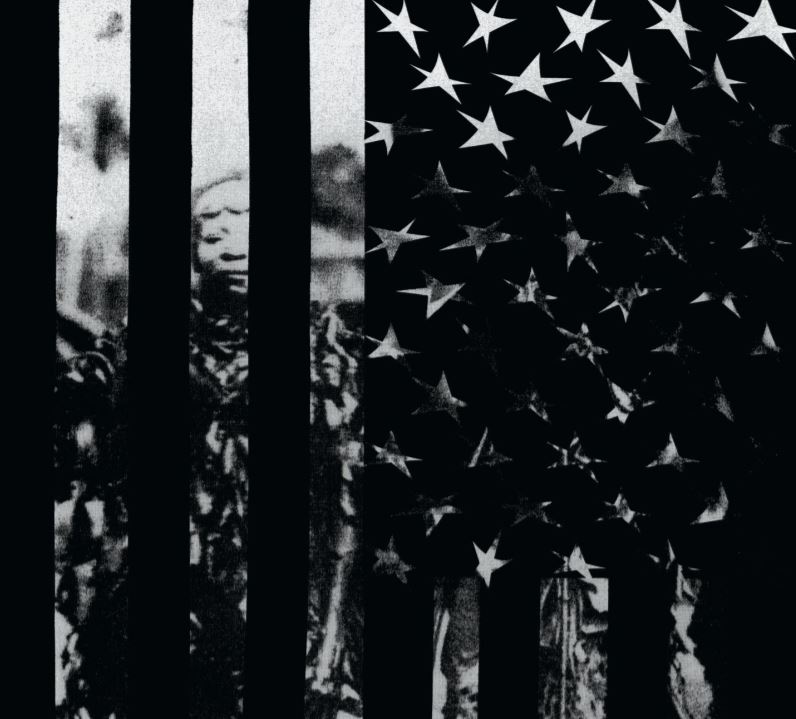On February 17 and 18, 2024, nearly 700 participants gathered virtually for The 1619 Project Education Conference. Now in its third year, the annual conference organized by the Pulitzer Center’s K-12 Education team brought together contributors to The 1619 Project and education professionals from The 1619 Project Education Network to share resources and strategies for engaging students of all ages in an analysis of the legacies of slavery in the contemporary United States, and the contributions of Black Americans to every aspect of U.S. society.
This year’s conference also featured the launch of applications for The 1619 Education Impact Grant initiative, which invites education professionals to propose projects that utilize at least one resource from The 1619 Project to:
- Improve the awareness and critical thinking of students and/or educators about the legacies of slavery in the contemporary United States, and the contributions of Black Americans to U.S. society
- Equip students and/or educators to take action and make change that advances racial justice.
Proposals for this grant initiative should reach at least 500 K-12 students or teachers by the end of 2024 and are due on April 15.
The 1619 conference launched with opening remarks from 1619 creator Nikole Hannah-Jones, who described the ongoing mission of The 1619 Project and celebrated the work that educators have done to connect the project’s mission to their students. “Our students benefit so much from the way you all have taken this project and turned it into curriculum across fields … It helps our world make sense to them,” Hannah-Jones said. “The work that you do matters. It has always mattered, but it’s even more critical today.”
Four panels led by 18 members of The 1619 Project Education Network focused on methods for integrating project resources and themes into course-aligned curricular projects that led to local historical research, original poetry and essays, community partnerships, and more. Panels highlighted methods for using 1619 resources for project-based learning, engaging students learning English as a second language, equipping future educators with inclusive teaching practices, and strengthening student engagement in reading and writing instruction. Members of the HBCUs Matter team presented their collaboration across three colleges and one high school to analyze connections between the themes of The 1619 Project and leadership strategies employed by the founders of three historically Black colleges and universities (HBCUs). Purpose Prep & The Promise Land team members described how fifth-grade students’ analysis of Nikita Stewart’s “Why Can’t We Teach Slavery Right in American Schools?” led students to create their own draft textbook chapters highlighting a local heritage site, and the Exploring Common Roots team described how it engaged Born on the Water to introduce pre-service early childhood educators to inclusive teaching practices. A full conference schedule, and curricular resources connected to each panel and presentation, are available at the following links: Saturday, February 17, 2024 and Sunday, February 18, 2024.
“Awesome best practices being shared that can be replicated in our own school districts. Thank you,”- Shared in the chat by a conference participant after the panel discussion “Intergenerational Community Partnerships: Building Networks of Learning and Resistance.”
“These three projects were OUTSTANDING! I will be seeking to learn more from your curriculum and likely will reach out as these were such amazing efforts!- Shared in the chat by a conference participant after the panel discussion “The 1619 Project for New Americans: Teaching Strategies for Immigrant Students.”
Four artists who contributed to the book The 1619 Project: A New Origin Story discussed the creative process of developing their contributions to the project, as well as how they uncover, interrogate, and redefine history and ancestry in their creative works. Click here to view the full panel.
Kimberly Annece Henderson, photo archivist for The 1619 Project: A New Origin Story and digital curator for Schomburg Center for Research in Black Culture, led a workshop detailing the process of using archival research to better understand and connect to history. “This has inspired me to dive into my family lineage,” wrote one participant after the workshop with Henderson. The full workshop is available here.
June and Angie Provost, who were profiled in the two-part episode “Land of Our Fathers” from the 1619 podcast, spoke to 1619 Education Network Manager Donnalie Jamnah about the history of Black farming and land ownership in the U.S. Scholars Woody Holton, Caitlin Rosenthal, and William Darity discussed their work on the 1619 Project docuseries and the importance of everyone having access to the latest research on the history and legacy of slavery in the United States.
“I would urge educators to be creative and try to identify topics or themes in the present-day world that are of particular interest to students,” Darity said in response to a question about how to get students excited about history. Rosenthal added, “We want students to be able to see themselves or what they are interested in as a connection to this history. It doesn't have to be genealogy, but there has to be some connection to the students.”
The discussion with June and Angie Provost is available here. Here is the full panel with scholars Holton, Rosenthal, and Darity. Visit 1619education.org for more resources and programs connected to The 1619 Project, including our open call for applications to the 1619 Education Impact Grant initiative. The deadline for applications is April 15, 2024.





